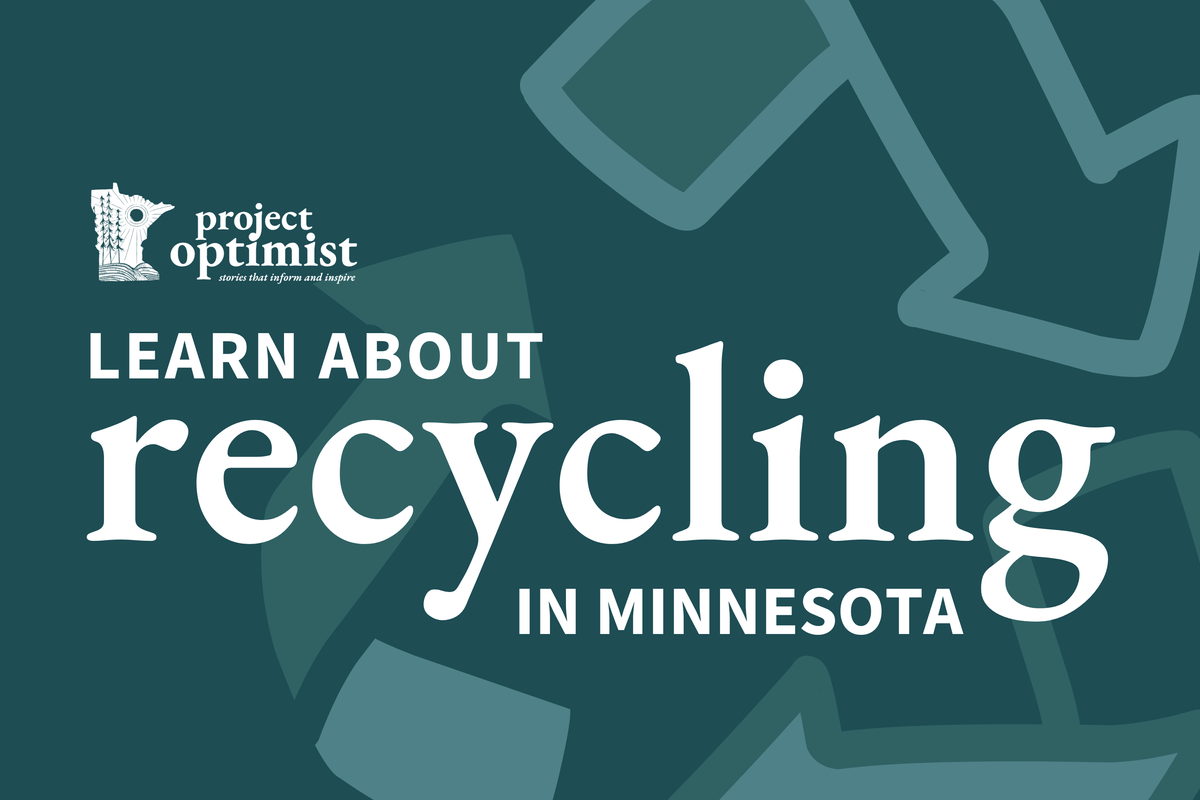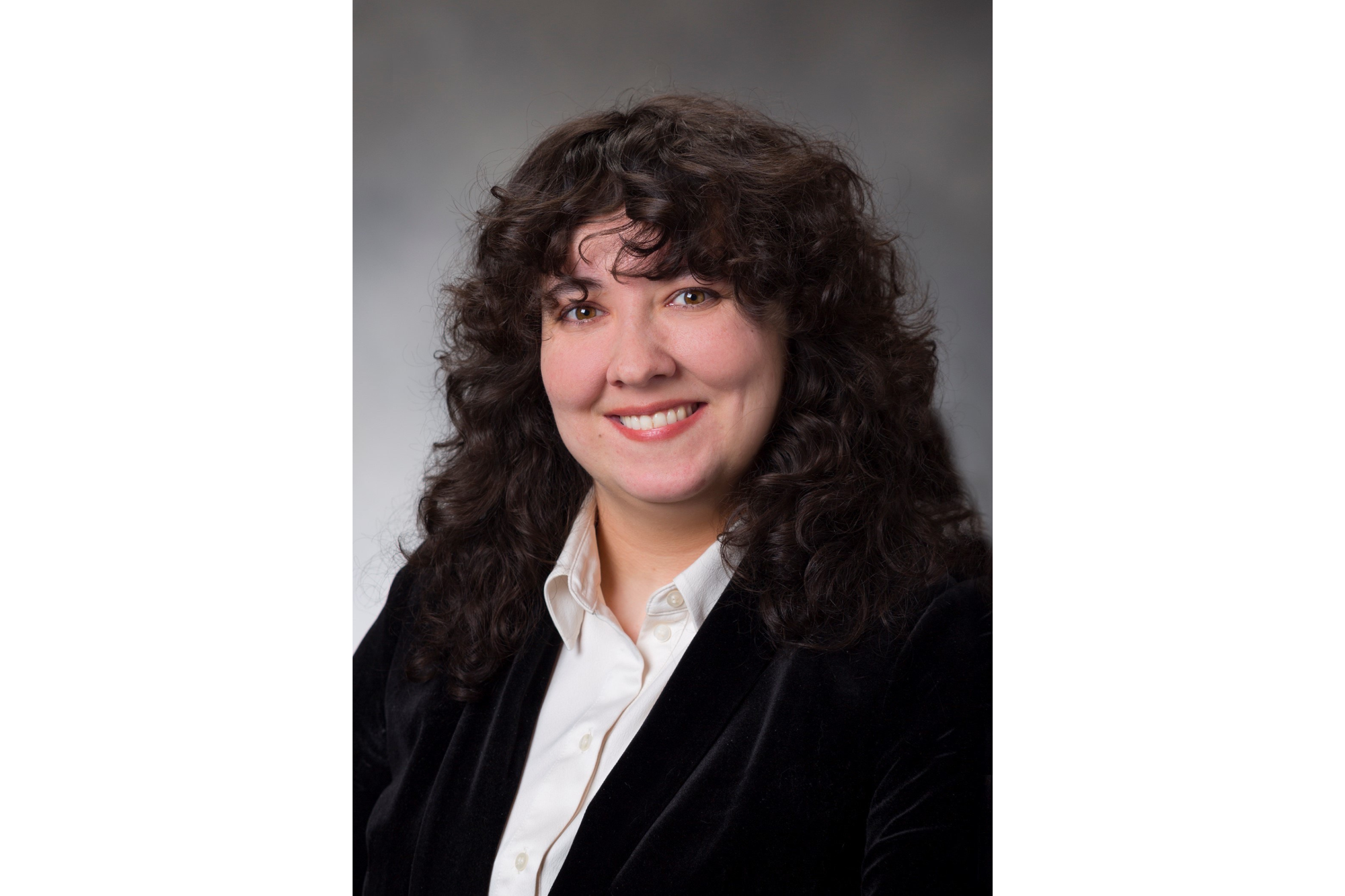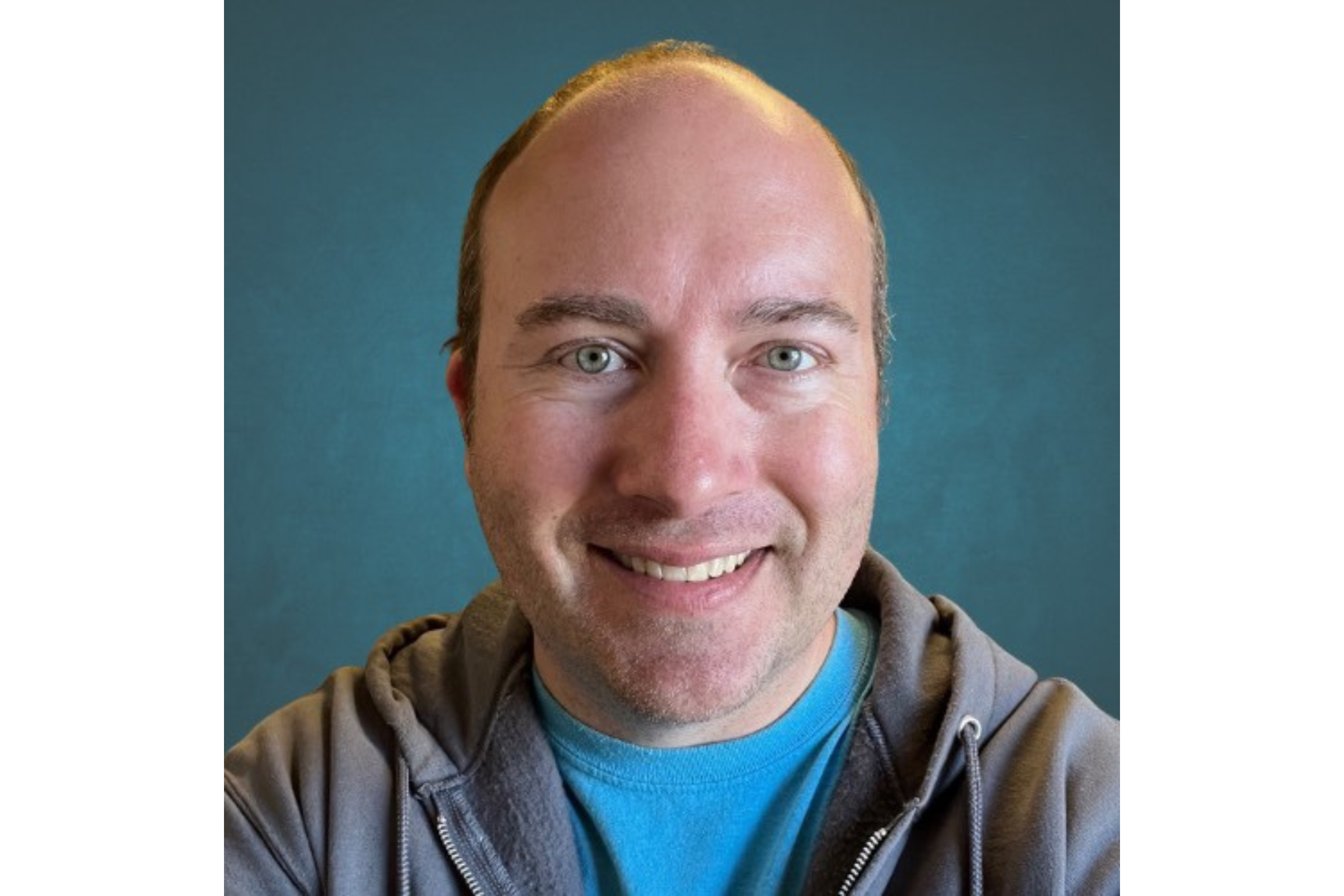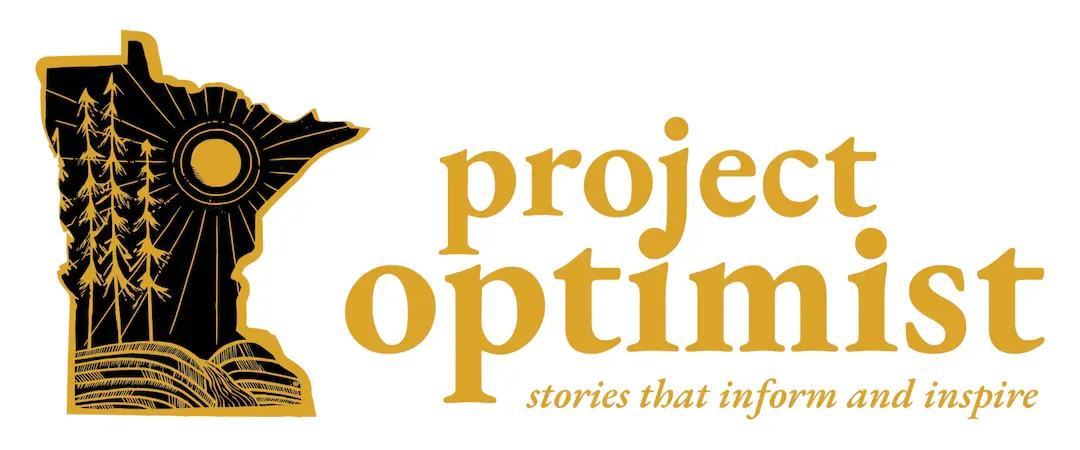3 takeaways from Project Optimist's recycling panel
Recycling is real, progress is happening, and give your recyclables a sanitary rinse. Yes, you!

We covered a lot of ground during Project Optimist's recycling panel discussion on Thursday, Oct. 24.
Emma Pardini, environmental programs coordinator at the Western Lake Superior Sanitary District in Duluth, and Nathan Reinbold, environmental programs manager at Pope/Douglas Solid Waste Management, answered questions about the state of recycling today and its impact in Minnesota.
I chose three big takeaways from the discussion, but feel free to watch the whole thing — you can watch via Google Drive here.
Recycling is real
Pardini described recycling as one tool society uses to reduce overall waste.
"If we think about waste as a fixer upper house, then recycling is a screwdriver. It is a very useful tool. It's going to help us with the doors and the cabinets and some of the fixtures. But it is not the only tool you're going to need to fix that whole house," Pardini said. "Just because that screwdriver can't do everything that a hammer and chisel and a lot of elbow grease can do, doesn't mean that the screwdriver is broken. It doesn't mean the screwdriver is not real. And just like that, recycling is a valuable tool."

Give your recyclables a sanitary rinse
Reinbold and Pardini said you don't have to make every recyclable in your bin spic and span, but workers who sort the recycling appreciate when it's been rinsed out.
"Nobody wants to smell the rotten milk," Reinbold said.
Furthermore, when we leave 2 inches of peanut butter in the jar, for example, it takes more work on the back end for companies to actually recycle the jar, Reinbold said.

Pardini's rule of thumb is to get rid of anything stinky and sticky before recycling a container.
"A big surprise to me was how many folks who work in sorting facilities … suffer insect stings on a daily, weekly, monthly basis … When there's something sticky in there, something sugary — that's your beer, wine, kombucha, soda, all of those sugary things, applesauce, jam — it's going to attract stinging insects. And so those are the other stuff that you really want to give it that extra sanitary rinse."
Sign up for Project Optimist's newsletter
Solution-focused news, local art, community conversations
It's free. No spam. Unsubscribe anytime.
A few more tips:
• If you have single-sort recycling, make sure items in the bin are dry (or at least not really wet). Wet paper is more difficult to recycle.
• Check with your local recycling hauler to find out if they take shredded paper. Shredded paper can contaminate other recyclable material, sticking to jars and containers, so some haulers don't accept it.
• Avoid bagging your recyclables. Plastic bags get tangled in the machinery at recycling sorting facilities.
• Seek specialty recycling options for things like power cords, batteries, holiday lights, and plastic bags. Those items can be recycled, just not in your recycling bin.
• Give away old clothes or textiles to local thrift stores or Goodwill locations. You can also reuse old textiles as rags around the house or garage.
• Compost food waste.
Here's the good news
Even though it feels like we're still at the bottom of the waste reduction hill, Reinbold and Pardini said we've made a lot of progress.
"Things have improved. There's a lot more consensus and communication happening amongst counties throughout the state and cities," Reinbold said. "We're a lot more connected with technology, so that's really helped as well."
Pardini looks at photos of the St. Louis River Estuary from 50-60 years ago, and sees sludge floating on the river's surface and junkyards right next to Lake Superior. That's not something she sees when she looks at the estuary today.
"Just looking back 50-60 years ago and seeing how much has changed and how much we have the capability to change as people, as a culture, as an economy — that is really heartening in itself," she said. "Beyond that, honestly, the way that people want to engage to talk about recycling is a response that I never thought I would have seen."
